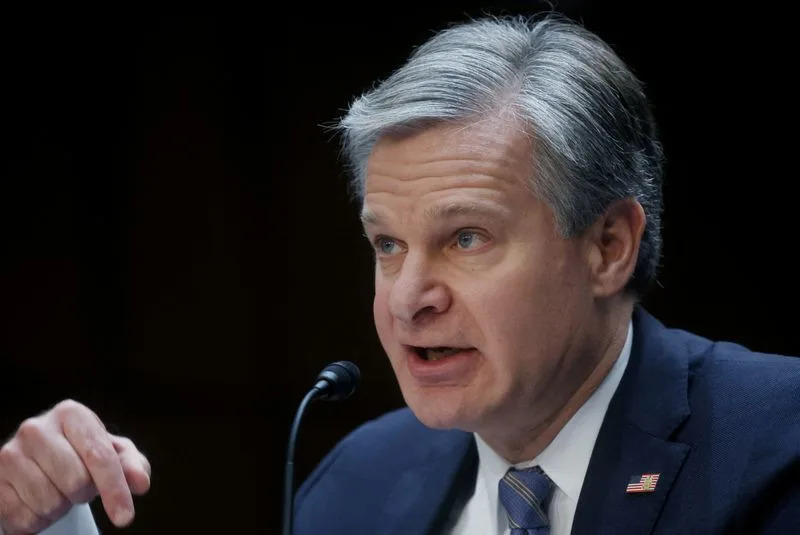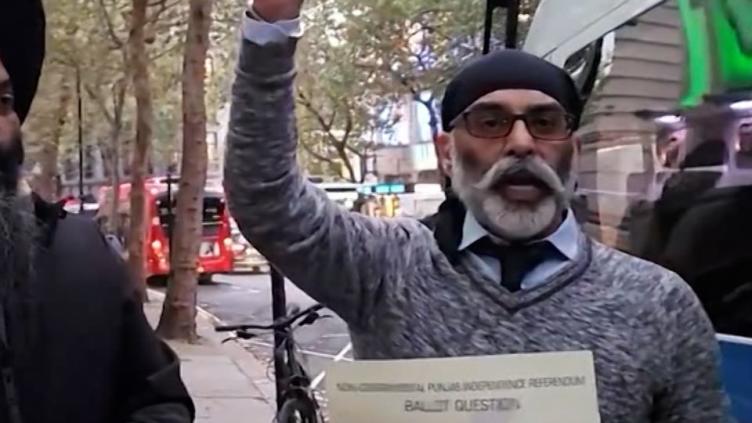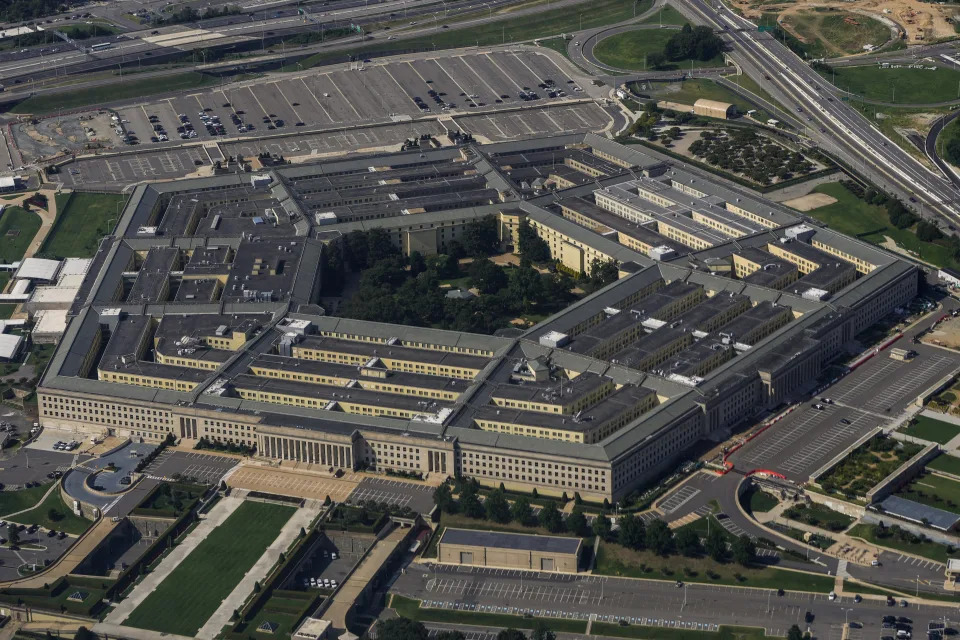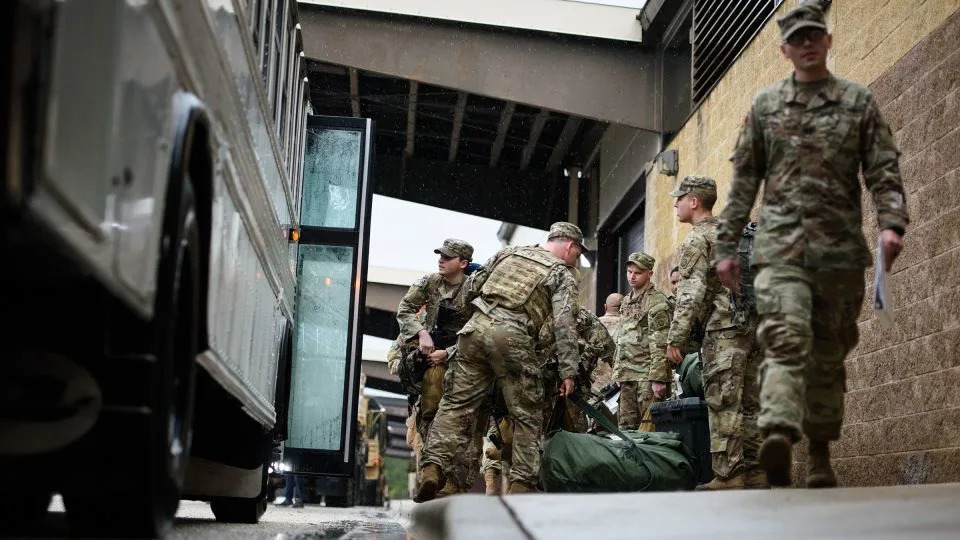HARRIET MORRIS
Updated Thu, December 14, 2023

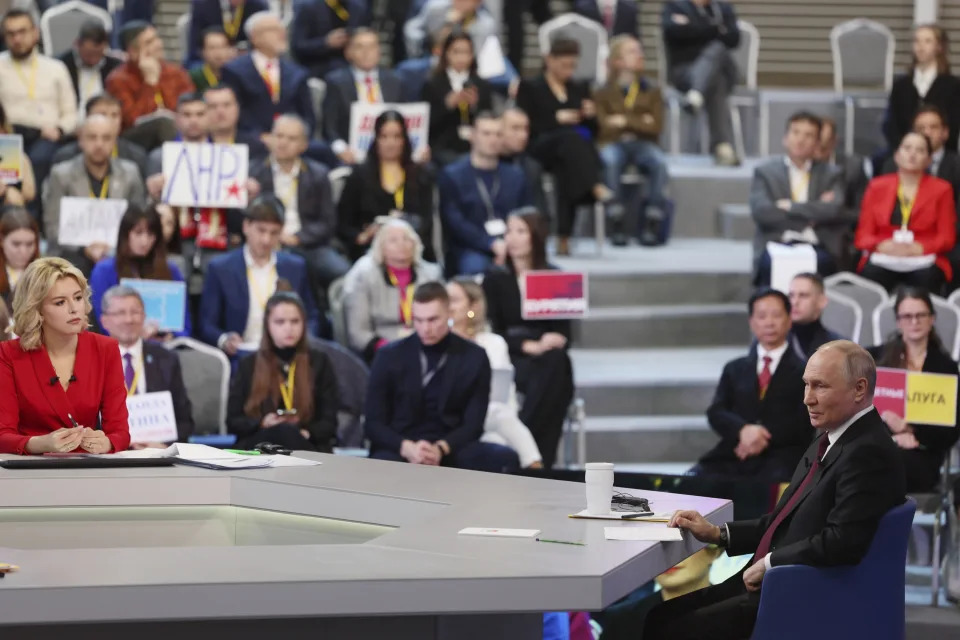
1 / 11
Russia Putin
Russian President Vladimir Putin speaks during his annual news conference in Moscow, Russia, Thursday, Dec. 14, 2023. (AP Photo/Alexander Zemlianichenko, Pool)
MOSCOW (AP) — Russian President Vladimir Putin said Thursday there would be no peace in Ukraine until the Kremlin realizes its goals, which remain unchanged after nearly two years of fighting that has sent tensions soaring between Moscow and the West.
Speaking at a year-end news conference that lasted over four hours and offered him an opportunity to reinforce his grip on power, Putin gave some rare details on what Moscow calls its “special military operation.”
He dismissed the need for a second wave of mobilization of reservists to fight in Ukraine — a move that has been deeply unpopular. He said there are some 617,000 Russian soldiers there, including around 244,000 troops who were called up to fight alongside professional military forces.
“There will be peace when we will achieve our goals,” Putin said, repeating a frequent Kremlin line. “Victory will be ours.”
Putin highlighted Russian military gains in Ukraine as the conflict's second winter approached.
“Almost all along the line of contact our armed forces, let’s put it modestly, are improving their positions, almost all in an active stage of action and there is an improvement in the position of our troops all along,” he said.
“The enemy has declared a big counteroffensive, but he hasn’t achieved anything anywhere,” Putin added, claiming that the latest Ukrainian attempt to create a bridgehead on the eastern bank of the Dnieper River also fizzled and Ukrainian troops suffered heavy losses.
He alleged Kyiv was sacrificing its troops in order to show some success to its Western sponsors as it seeks more aid.
“I believe it’s stupid and irresponsible on behalf of the country’s political leadership, but it’s their business,” he said.
Putin, who has held power for nearly 24 years and announced last week he is running for reelection, was greeted with applause as he arrived in the hall in central Moscow. He didn't hold his traditional news conference last year after his military failed to capture Kyiv and as the Ukrainian army retook lost territory.
But with Ukrainian President Volodymyr Zelenskyy pleading for more U.S aid amid a stalling counteroffensive and fracturing Western support, he decided to face reporters once more — although the session is heavily choreographed and more spectacle than scrutiny.
It was the first time that Putin took questions from Western journalists since the fighting in Ukraine began. Ordinary citizens were able to submit questions alongside those from journalists, and Russian media said at least 2 million were sent in advance.
The news conference began with questions about Ukraine and highlighted concerns some Russians have about another wave of mobilization.
“There is no need” for mobilization now, Putin said, because 1,500 men are recruited every day. As of Wednesday, 486,000 soldiers have signed contracts with the military, he said.
His remarks about another mobilization were met with skepticism by some independent Russian media, which noted he had promised not to draft reservists for Ukraine and then reversed course and ordered a “partial” call-up. The move, which he announced in September 2022, prompted thousands of Russians to flee the country.
He reiterated that Moscow’s goals in Ukraine — “de-Nazification, de-militarization and a neutral status” of Ukraine — remain unchanged. He had spelled out those loosely defined objectives the day he sent in troops February 2022.
The claim of “de-Nazification” refers to Russia’s false assertions that Ukraine’s government is heavily influenced by radical nationalist and neo-Nazi groups — an allegation derided by Kyiv and the West.
Putin has also demanded that Ukraine remain neutral and refrain from joining NATO.
He reaffirmed his claim that much of today’s Ukraine, including the Black Sea port of Odesa and other coastal areas, historically belonged to Russia and were given away by Soviet founder Vladimir Lenin.
While Moscow had accepted the new reality after the USSR's collapse in 1991, Putin said he was forced to respond to what he described as an attempt by the West to turn Ukraine into a tool to challenge and threaten Russia.
“Russians and Ukrainians are one people, and what’s going on now is a huge tragedy, a civil war between brothers who have found themselves on the opposite sides,” he added.
Putin’s last news conference was in 2021 as the U.S warned that Russia was about to send troops into Ukraine. He delayed an annual state-of-the-nation address until February 2023.
Relations with the U.S. since then have plunged to new lows as the conflict continued. Russia detained Moscow-based U.S. journalist Evan Gershkovich in March.
Shortly before Putin spoke, a Russian court ruled that Gershkovich, 32, must stay behind bars until at least Jan. 30.
U.S citizen Paul Whelan, a corporate security executive from Michigan, also has been jailed in Russia since his 2018 arrest on espionage-related charges.
Russia recently rejected an offer to bring home Gershkovich and Whelan, both labeled by the U.S. government as wrongfully detained.
"We’re not refusing to return them," Putin said Thursday, adding he wanted to reach an agreement but “it's not easy.” He refused to elaborate but said Washington “must hear us” and make an offer that satisfies Russia.
On the Israeli-Hamas war, Putin again deplored the death of thousands of women and children in Gaza, citing U.N. Secretary-General Antonio Guterres, who called it a “graveyard for children.”
Putin urged stronger efforts to protect civilians and urged greater humanitarian aid, adding that Russia proposed setting up a field hospital in Gaza near the border with Egypt but Israel responded it would be unsafe. He reaffirmed a call for implementing a U.N. resolution on the creation of a Palestinian state with East Jerusalem as its capital.
Putin appeared calm and relaxed during questions, although he frequently cleared his throat, blaming the air conditioning. The event is primarily aimed at a domestic audience and is a chance for him to appear personally involved in resolving the problems of ordinary Russians and reinforce his authority ahead of the March 17 election.
Responding to a final question about what kind of warning he would have given to himself from today's perspective when he started his first term in 2000, Putin said he would have warned against “naivety and excessive trustfulness regarding our so-called partners.”
He also fielded questions from children in Russian-annexed Crimea about the leaking roof and mold in their sports hall, and a woman who addressed “my favorite president” to complain about the rising price of eggs. Putin apologized and blamed "a glitch in the work of the government,” for not increasing imports quickly enough.
Journalists lined up in freezing temperatures to enter the hall hours before Putin’s arrival. Some donned traditional dress, including elaborate hats to catch his attention or held identifying placards.
Although the event is tightly controlled, some online questions that Putin ignored appeared on screens in the hall.
“Mr. President, when will the real Russia be the same as the one on TV?” one text message said, apparently referring to the Kremlin's control over the media that portrays Putin positively and glosses over the country's problems.
Another read: “I’d like to know, when will our president pay attention to his own country? We’ve got no education, no health care. The abyss lies ahead.”
Putin was asked by an artificial intelligence version of himself, speaking with his face and voice, on whether he uses body doubles — a subject of intense speculation by some Kremlin watchers. Putin brushed off the suggestion.
“Only one person should look like myself and talk in my voice -- that person is going to be me,” he said, deadpanning: “By the way, this is my first double.”
___
This story has been updated to correct that 244,000 is the number of troops called up to fight and are in Ukraine, not the total number there.
___
Associated Press writers Emma Burrows in London and Dasha Litvinova in Tallinn, Estonia, contributed.





